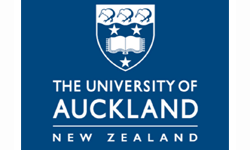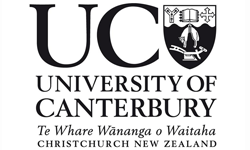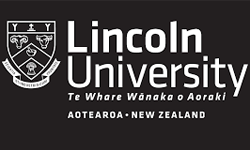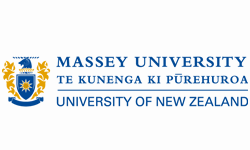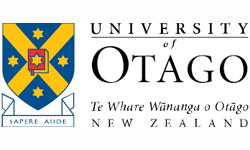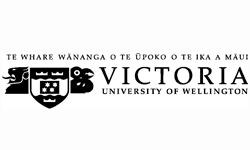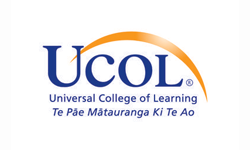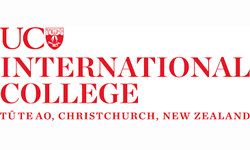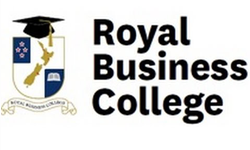
History
The history of New Zealand is quite varied. As mentioned above, there were no humans on the islands until at least 1250 AD. It is thought to be one of the last major land areas that humans arrived to. The first population was from Polynesian settlers, which had arrived through a number of travels across the Pacific Ocean. They developed a culture that is called the Māori. The Māori, like most indigenous people, had tribes and subtribes that lived throughout the islands; they would work together on certain tasks, but there was also infighting between the tribes.
In 1642, a Dutch explorer named Abel Tasman arrived to New Zealand, bringing potatoes and muskets with him. As more Europeans brought these items, there started to be a lot of discomfort between the tribes of the Māori. The culmination was the Musket Wars, where over three thousand battles were fought throughout New Zealand between the tribes. Shortly after, in 1840, the Treaty of Waitangi was signed; this resulted in New Zealand coming under the British crown as a British colony.

Nature
The reason that many people enjoy going to New Zealand is because of its biodiversity. There are a number of plants, animals, and fungi that reside throughout the country, mainly because of the fact that there were no humans on the island until 1250 AD. The Europeans did not even arrive until 1642, well after the Americas and other countries were discovered by them. This isolation allowed nature to thrive much longer than it did on other continents where there was more human influence.
There are literally hundreds of animals that you can find throughout New Zealand that you cannot find anywhere else in the world, especially in terms of birds and marine life (mammals, fish). The only mammals that are native to the country are bats; other animals that you find were brought into the country when people came in and immigrated into the area. The country actually has a number of laws and regulations in place in order to keep the animals in and around the country safe from poaching and other illegal activities. You can find more information about this from the Department of Conservation website.

Government
Even though the country went under the authority of the crown of the United Kingdom in 1853, the country has governed itself since 1853. The Queen of England is still the head of state, with a representative known as the Governor-General representing her in the country, but the government is parliamentary. The Governor-General, at this point, is only a formal role unless the government is having issues or is upheaval; then he or she has the right to step in and make decisions.
The Prime Minister is not voted in through a traditional vote, rather, he or she is chosen because they are the leader of the party that controls most of the Parliament after a general election. This doesn’t always happen, there are a couple of cases that the Prime Minister has been another member of the majority party, but it is usually how it works. The Governor-General can dismiss the Prime Minister is there is something wrong in the system. The Prime Minister has a Cabinet that he or she sets up after the election has completed, and that is the executive part of the government.
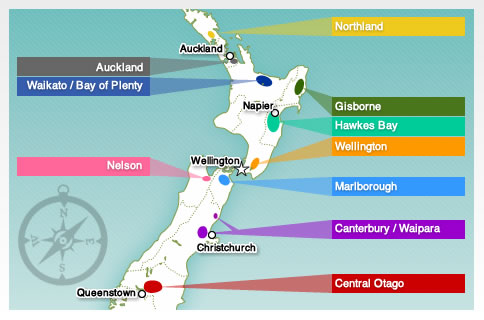
Regionsr
The country is separated into 16 regions. 11 of those regions are run by the top tier of local government, called the regional council. 5 of them are run by territorial authorities.
Northland,Auckland,Waikato,Bay of Plenty, Gisborne, Hawke’s Bay, Taranaki, ManawatuWanganui, Wellingto,Tasman,Nelson, Marlborough,West Coast, Canterbury, Otago, Southland.

Climate
New Zealand has a largely temperate climate. While the far north has subtropical weather During summer, and inland alpine areas of the South Island can be as cold as -10 C in winter, most of the country lies close to the coast, which means mild temperatures, moderate rainfall, and abundant sunshine.

Culture
The culture of New Zealand is essentially a Western culture influenced by the unique environment and geographic isolation of the islands, and the cultural input of the indigenous Māori and the various waves of multi-ethnic migration which followed the British colonization of New Zealand.
New Zealand, although it is the same size as Japan or Great Britain, but there are a lot of reasons that you should consider going there for your studies abroad. Many people will call natives of the country “Kiwis,” after the bird that only resides there and nowhere else in the entire world. There are a number of reasons that you should consider studying in New Zealand instead of considering other countries; that’s what we’re going to look at in this section of our website.

The people
Kiwis are some of the most amazing, loving, and welcoming people that you will ever meet. If you are a stranger, a native New Zealander is going to treat you like you are a friend. They are used to meeting new people, first because they travel a lot themselves, and also because a lot of people come to visit New Zealand as well. The culture on the islands is quite laid back and easy going, as well. So you’re not going to feel tense like you would if you went to a large city like London or New York City to study. There are just over 4 million people who reside on the country, and it is one of the safest places to live in the world. Another cool thing about the people is that there are so many different kinds of people. For being such a small country, the diversity is greater than you see in many European countries.

The stability
Some people say that, because the country is in a small corner of the world that doesn’t really get bothered by anyone that New Zealand seems to be secluded from the rest of the world. This isn’t true at all. As mentioned above, the people are really welcoming to outsiders. But, it can also be a great thing! The economy is actually incredibly stable, the cost of living is low, and the government is more stable (and less argumentative) than the governments that you will see in other countries. This is probably the reason that immigration is embraced, which we will talk about more in some of our later points.

The Weather
Nothing can get better than the weather in New Zealand. The winters are mild, with temperatures around 10ºC (50ºF) and slightly wet. In higher altitudes, you will see snow, but it’s not common in lower altitudes. In the summers, the climate is warm and dry with temperatures around 25ºC (77ºF). As you would expect in the southern hemisphere, the summer lasts from December to February; winter lasts from June to August. Spring and fall are similar, with cooler temperatures and little rain.

The educational system
This is the number one reason to go anywhere for school, but New Zealand is amazing for their educational system. First, the tuition is some of the lowest in the world. You get a British-based education (due to their British influences) for a percentage of the cost. The degrees are recognized around the world as being up-to-date and practical. You will get a high quality, hands on education that you deserve. The New Zealand even goes so far as to checking each and every course, program, and certificate for quality so that they can be recognized around the world as high-quality education. Not only that, but the support services for international students are among the best in the world. They have a lot of expertise and experience in helping international students so that they can succeed in their programs.
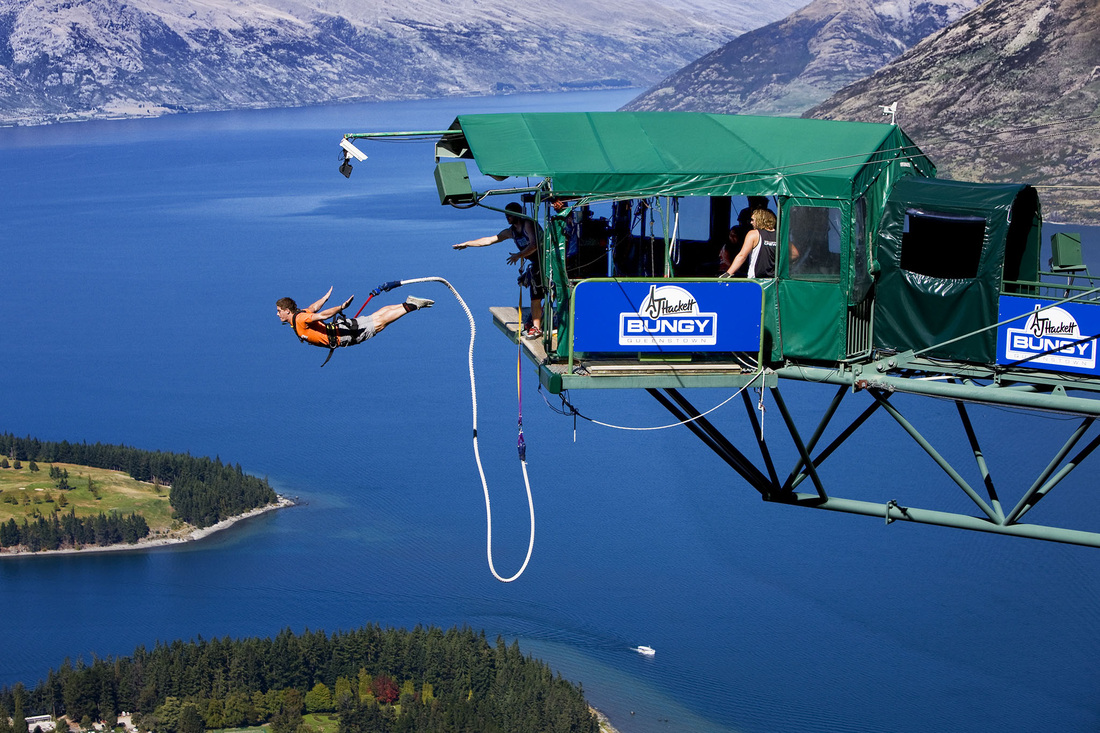
Never run out of things to do
This is an amazing opportunity for anyone who looks for adventure. In New Zealand, there are literally thousands of things to do. Do you like to hike? There are plenty of mountains for you to explore. Do you enjoy being a beach bum? Then you get to enjoy the beaches throughout the year. Want some excitement? There are always new things to do . The scenery is different depending on where you go; you could drive an hour and have a completely different geography. We’ll look at this more in our sports and recreation section.
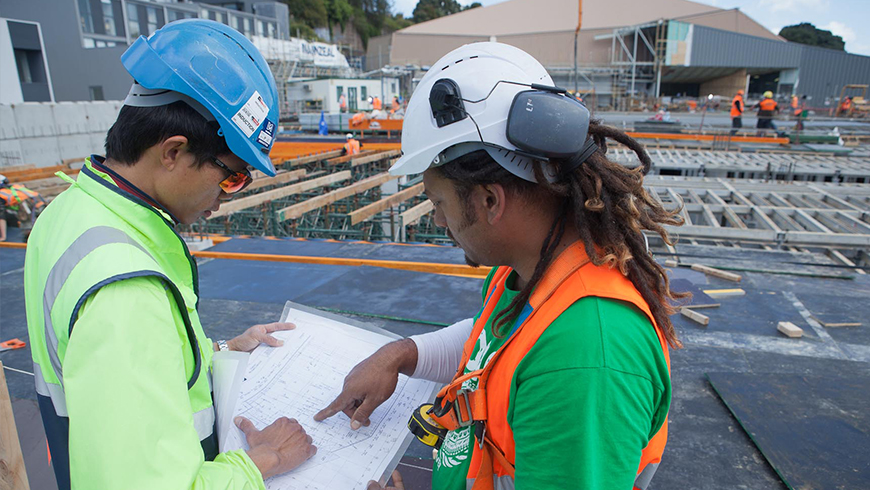
Work opportunities
There are plenty of work opportunities available for international students. On a student visa, you are allowed to work up to 20 hours a week through the semester; During vacations you can work up to 40 hours. So, instead of having to worry about finances, you get to supplement your education with income. You may even be able to nab internships and other practical work. The international studies office at your university can help you find a job to sustain you During your time in New Zealand. Another great thing is that you can get a permit at the end of your degree program and work for 12 months in the country under a special “work permit” that is alongside your student visa, which is what we’ll look at closer in the last point.

Ease of visa Acquisition and residency
The visa acquisition process is incredibly simple, and unlike many other countries, you will not be rejected right away. You get to talk to people and tell them your side of the story if there is something that may prevent you from getting a visa to come into the country. If you can explain why you’ve decided to go down there and your international studies program helps you to create a Statement of Purpose (a statement you give to the visa officer to tell them why you are coming to New Zealand to study), you will usually get a visa. The country is welcome to immigration, more so than almost any other country in the world. The last advantage is that, after you graduate, as mentioned above, you can work in the country for up to a year. If the job you are working at is related to the degree that you received, you can actually apply to get permanent residency, which you will most likely get within 6 months of your application. We look at visa acquisition and residency more in our Visa and Passport section.

A world class education
Employers around the world welcome graduates of our education system because of their strong academic qualifications, practical skills and ability to think critically and creatively.
From the moment they graduate, our graduates are ready to take their place in the global jobs marketplace.

International rankings
New Zealand’s higher education system is internationally ranked. All eight of New Zealand’s universities feature in the top three percent in the world, according to the 2016 QS World University Rankings. We’re the only country in the world to have all of our universities in the global top 500.

Global qualifications
A New Zealand qualification is a valuable asset that can give you a head start in the international job market.
New Zealand is a member of the Lisbon Recognition Convention, which means our certificates, diplomas and degrees are recognized in 50 participating countries. These include the United States, the United Kingdom, France, Germany, Italy and Australia. Bachelor degrees are widely recognized on the job market by employers, and for enrolment in postgraduate programs.

Graduate Student Opportunities
Once you’ve finished your study, you may be eligible to stay on and work in New Zealand.
New Zealand’s immigration policies include a post-study work pathway for international students who have completed a New Zealand qualification. This lets you find a job and get work experience in a field directly related to your studies, and may make it easier to apply for residence.
There are two types of work visa specifically for students who have completed their tertiary study in New Zealand:
- The Post-study work visa (open). This gives you up to 12 months to find a job that is relevant to your studies
- The Post-study work visa (employer assisted). This option lets you work in a specific job, which must be relevant to your studies, for two more years. Check out who is eligible for a Post-study work visa.
Staying to work after study | Immigration New Zealand
Stay to work
If you want to stay in New Zealand for longer you’ll need to find a job that is relevant to the qualification you achieved here.
If you decide you’re going to look for work here Seek, TradeMe and New Kiwis are popular job search sites. You should also check out the Careers New Zealand website which has a list of online recruitment sites.
You’ll find links to those sites and more information in our Finding Work pages.
Our Newcomer guide and Worktalk website help you to understand how things work in a Kiwi workplace.
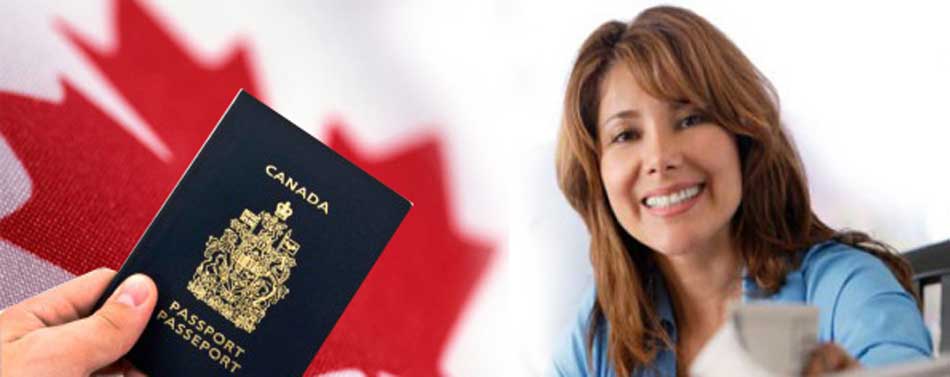
PR Opportunities
If you wish to stay in New Zealand and work after you have finished your studies, you will need the right visa.
International students who have achieved a New Zealand qualification may be allowed to gain experience in work related to their studies.
Depending on what you study, you may be able to work in New Zealand for up to four years, and possibly even gain residence.
First you need to apply for a visa and have it approved. The study to work pathway has two steps:
- 1.Post-study work visa (open). This visa gives you up to 12 months to get a job in a field related to your studies. While you are looking for a job in your field you are allowed to work in any job to support yourself.
- 2.Post-study work visa (employer assisted). This visa lets you stay in New Zealand to gain work experience for a further two years (or three years if work experience is required as part of a professional registration). This visa relates to a specific job with a specific employer.
After your post-study work visa (employer assisted) you may be eligible to apply for a New Zealand resident visa under the Skilled Migrant Category. If your work is in an occupation that has skill shortages, this improves your chances of being allowed to stay, either with work visas or residence.
Whatever visa you apply for, you will need to pass health and character checks. For more information on resident visas to work in New Zealand indefinitely, including videos from others who have stayed to work after studying in New Zealand, see newzealandnow.govt.nz.
Long Term Skilled Occupation Short List
Occupational Group |
Occupation Occupations are listed by ANZSCO |
Long Term Skill Shortage List Requirements |
Construction |
Construction Project Manager (Roading and Infrastructure) (133111) |
One of the following: - Bachelor of Engineering with Honor's (Civil Engineering)(NZQF Level 8) - Bachelor of Engineering Technology (Civil Engineering)(NZQF Level 7) - Bachelor of Engineering Technology Highways Engineering)(NZQF Level 7) - A bachelor's degree at NZQF Level 7, or a higher qualification with the minimum equivalent of 360 credits, which includes the requirements of a New Zealand major in the focus areas of construction management or highway engineering - A Graduate Diploma at NZQF Level 7, or a higher qualification which includes the knowledge requirements of a New Zealand Graduate Diploma in the focus areas of construction management, highway engineering or construction project management - A diploma at NZQF Level 6, or a higher qualification, with the minimum equivalent of 240 credits, which includes the knowledge requirements of a New Zealand Diploma in the focus areas of civil engineering, highway engineering or construction management - A Washington Accord or Sydney Accord accredited undergraduate (initial) engineering degree in Civil Engineering (listed - see Note 3) - A qualification at NZQF Level 7 or higher, with a letter from Engineering New Zealand certifying that the degree and any further learning meet the benchmark requirements towards Chartered Professional Engineer professional status in New Zealand - NZ registration in the field of civil engineering as a Chartered Professional Engineer or an Engineering Technologist by Engineering New Zealand AND a minimum of five years' relevant post-qualification work experience |
Construction |
Project Builder (including Building Project Manager and Site Foreman) (133112) |
One of the following qualifications:
AND |
Construction |
Quantity Surveyor (233213) |
One of the following:
AND |
Construction |
Surveyor (232212) |
One of the following:
NZIS) |
Engineering |
Chemical Engineer (233111), Materials |
One of the following:
|
Points Table For PR
The New Zealand Skilled Migrant points system is designed to allow Expressions of Interest to be ranked in order so that the New Zealand Immigration authorities can make invitations to apply for residence to those migrants who can offer the most to New Zealand.
Points are awarded for age, having family members in New Zealand, your employment, previous work experience, and qualifications. You will need to meet the minimum threshold of 100 points to be able to lodge an Expression of Interest.
Age
| Age | Points |
| 20-29 | 30 |
| 30-39 | 25 |
| 40-44 | 20 |
| 45-49 | 10 |
| 50-55 | 5 |
Family
You gain 10 points for having close family already living in New Zealand.
Employment
| Employment Current Employment or Offer of Employment Points | Points |
| Having a job offer in New Zealand | 50 |
| Currently working in a skilled job in New Zealand for less than 1 year | 25 |
| Currently working in a skilled job in New Zealand for more than 1 year | 50 |
Employment bonus points
| Current Employment or Offer of Employment | Points |
| In an identified future growth area | 10 |
| In an area of absolute skills shortage | 25 |
| In a region outside Auckland | 30 |
| Partner/spouse has a skilled job or job offer. | 20 |
Work experience in skilled employment
| Duration | Points |
| 2 years | 10 |
| 4 years | 15 |
| 6 years | 20 |
| 8 years | 25 |
| 10 years | 30 |
Bonus points for work experience in New Zealand
| Duration | Points |
| 1 years | 5 |
| 2 years | 10 |
| 3 years + | 15 |
Bonus points for work experience in an identified future growth area
| Duration | Points |
| 2-5 years | 10 |
| 6 years + | 15 |
Bonus points for work experience in an area of absolute skills shortage
| Duration | Points |
| 2-5 years | 10 |
| 6 years + | 15 |
Qualifications
| Qualification Level | Points |
| 4-6 (such as a trade qualification or diploma) | 40 |
| 7-8 (such as a Bachelor's degree) | 50 |
| 9-10 (such as a Master's degree or doctorate) | 60 |
Bonus points for qualifications
| Qualification | Points |
| 2 years full-time study in New Zealand completing a Bachelor's degree | 10 |
| 1 year of full-time study in New Zealand completing a post-graduate degree | 10 |
| 2 year of full-time study in New Zealand completing a post-graduate degree | 15 |
| Qualification in an identified future growth area | 10 |
| Qualification in an area of absolute skills shortage | 10 |
| Partner/spouse holds a level 4-6 qualification | 10 |
| Partner/spouse holds a level 7 qualification or higher | 20 |

Documents Required
- Your passport, valid for the duration of your studies plus one month.
- Two Photograph (With White Background)
- A letter of acceptance from a Swedish educational institution confirming name and length of the program, tuition fees, living expenses, semester for which the admission is valid and last date for registration.
- All educational documents, including marks sheets (SSC, HSC, Bachelors, Masters or other post- secondary, college, vocational or university diploma, certificate or degree).
- Proof of funds sufficient to cover your tuition and living expenses for your first year of study in Canada.
- You must provide a 3 month statement of transactions from personal bank account(s) (an original certified bank issued statement or a certified copy of passbooks), as well as fixed deposit certificates, savings certificates, PSP certificates or any other proof of savings.
- You must also demonstrate that sufficient funds will be available to support yourself During the whole duration of your program.
- Confirmation of any scholarship, grant, teaching or research assistantship including name of the providing institution or organization, amount per semester or year and duration.
- If some or the totality of your funds are provided by a sponsor (either parents or third party) you must also include:
- Notarized declaration of sponsorship. If you have more than one sponsor, a separate declaration must be provided for each sponsor. However, sponsors who are husband and wife can appear on the same declaration.
- Details of assets and income for each sponsor with supporting documents such as property documentation, land deeds, rent agreement, business license, business tax information, employment letter with salary information.
- You must also provide the income tax forms (tax assessments and tax paid receipts showing total income and amount of income tax paid) for the past two years.
- If someone other than yourself or your parents is providing funds you must include:
- Letter of explanation as to the reason why this person is assisting
- Number of persons living in this persons household
- Proof of this persons relationship to you; birth, marriage or school certificates, passport.
- Affidavits or self-declarations are not acceptable proof of relationship.
- Proof of employment for yourself, if applicable, and your parents (employer's full name, address, phone number, name of supervisor with his phone number, length of service and salary details).
- If you will be attending an educational institution in the province of Quebec you must provide a CAQ (certificat d acceptation du Quebec) from the Government of Quebec.
- Your police clearance certificate and your birth certificate
- If you are under 18 years of age at the date of your departure for Canada, you must provide a notarized guardianship agreement signed by both your parents (and legal guardian) and the person who will be your guardian in Canada
- If a consultant or a legal representative has provided you help to prepare your application or to gather the supporting documents, you should provide the details of this person (name, name of company, address and phone number). If the consultant or legal representative is located in Canada, provide his CSIC number.
- Proof of Tuition fee payment
- Visa Application forms
- 2 complete photo copy sets of all the above attested and notarized.
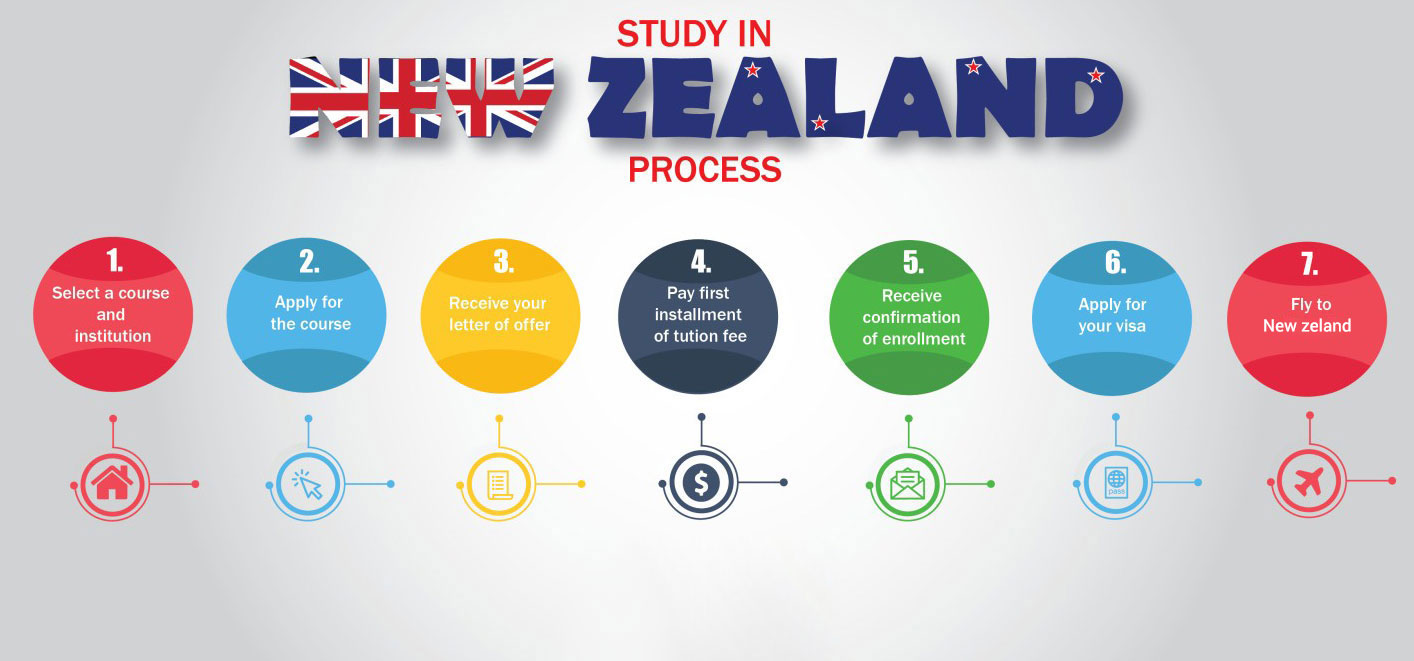
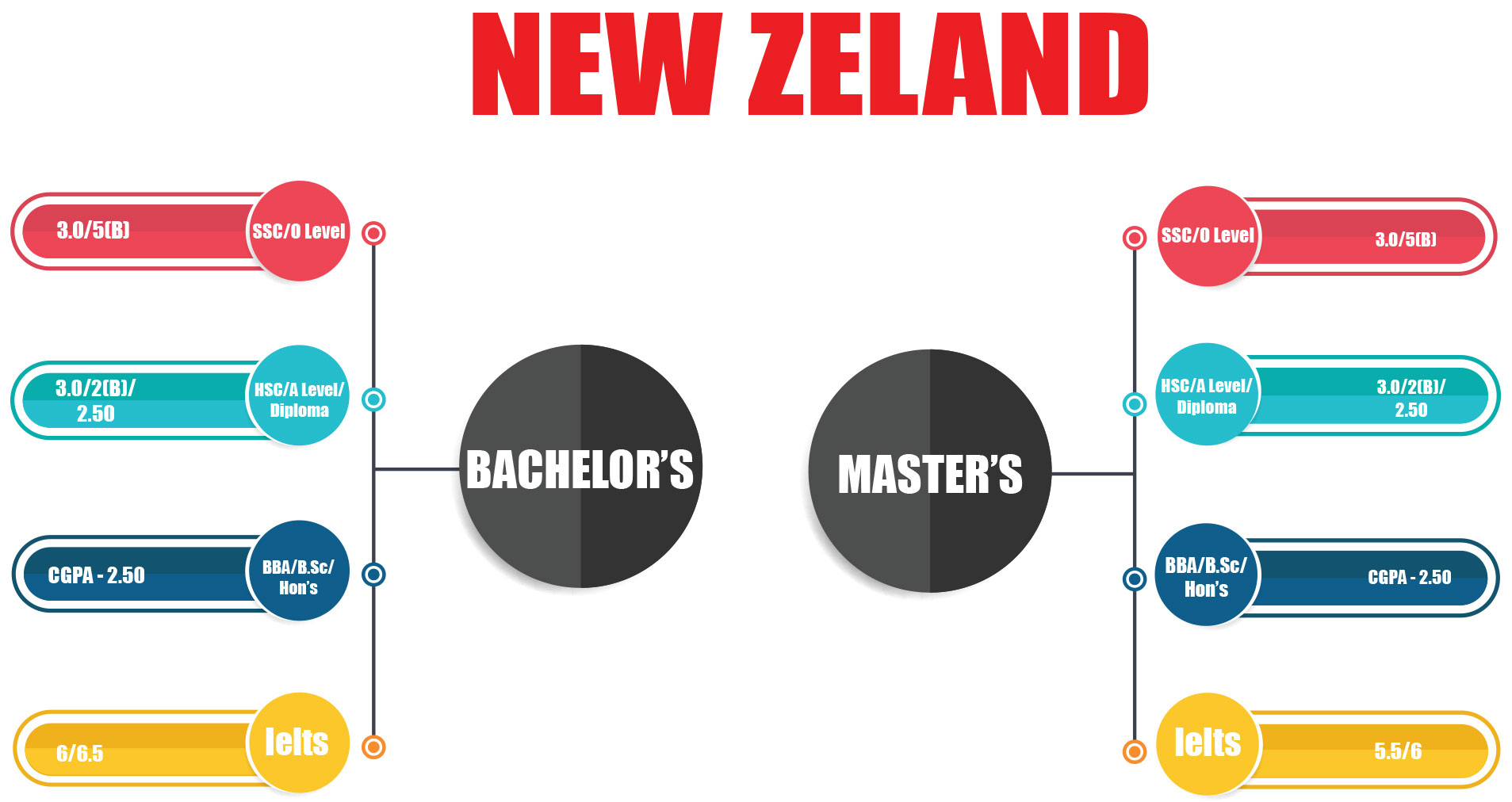

During Study
You may be allowed to work part-time for up to 20 hours a week and full-time During all scheduled holidays and/or During the Christmas and New Year holiday period.
Part-time work (tertiary students)
You can work up to 20 hours a week if you’re studying full-time for any of the following:
- for at least 2 years
- for a New Zealand qualification that gains points under the Skilled Migrant Category
- for a foundation program for at least 1 academic year at level 4 or higher on the New Zealand Qualification Framework at an education provider in Canterbury.
Full-time work (tertiary students)
You may be able to work full-time:
- During scheduled breaks in study, if you’re studying full-time for at least 1 academic year and your course is worth more than 120 credits
- During the Christmas and New Year holiday period, if you’re studying full-time and your course is worth 120 credits or more.
Cost
Graduate |
|
Course |
Fee |
| Arts and social sciences | NZ $20,000 |
| Science and engineering | NZ $25,000 |
| Dentistry and medicine | NZ $75,000 |
| Commerce and Administration | NZ $22,300 |
| Communication and Media Studies | NZ $21,000 |
| Health Sciences | NZ $27,225> |
| Law | NZ $24,000 |
Postgraduate |
|
Course |
Fee |
| Arts, humanities, social sciences | NZ $22,080 - NZ $33,720 |
| Commerce and administration | NZ $28,680 |
| Education | NZ $22,080 - NZ $33,720 |
| Law | NZ $28,680 |
| Medicine | NZ $37,080 |



